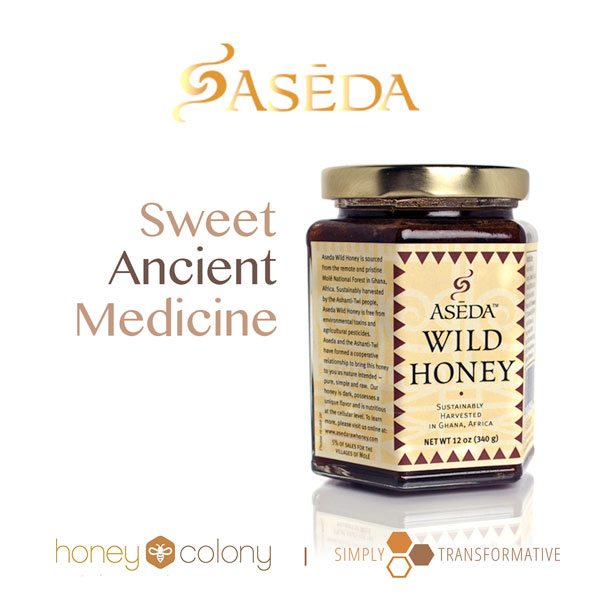“Time has come to step it up when it comes to our food supply,” said Independent congressional candidate Marianne Williamson at the Unitarian Universalist Church in Santa Monica on Friday February 28th.
She was joined by former Rep. Dennis Kucinich along with film producer and food safety activist Elizabeth Kucinich, and author John Robbins. The four discussed the effects of genetically modified organisms on the food supply, and the need for sustainable local food systems as a way to improve access to healthy food.
It was a standing room event despite torrential rains, and while I managed to nab a front row seat next to a fellow Twitter Head, I was surprised by the lack of press. Dennis and Elizabeth, who reside in Washington, had officially endorsed Williamson the week before and had accepted Williamson’s invitation to talk about about sustainable food policies. An issue they are passionate about.Where was the mainstream press?
Incidentally, the Kuciniches have seen Vanishing of the Bees, and have a few thousand girls of their own. I also got the honor to protest alongside them last year in Washington in front of the EPA for allowing systemic pesticides on the market despite proof that they are detrimental to bees and beings.
“Food and health are very important issues to people in District 33,” said Williamson, who is the renowned author of A Return to Love: Reflections on the Principles of A Course in Miracles. “The use of GMOs, pesticides, and other chemicals are corrupting our food supply. It is making people in our country sick with diseases, cancers, as well as creating obesity.”
Elizabeth Kucinich, who is the policy director at the Center for Food Safety and executive producer of Jeremy Siefert’s documentary GMO OMG (the film takes a critical look at Big Agra’s attempts to invalidate damaging research on biotech foods), explained that if you eat anything that contains corn, soy, canola, or sugar (from beets), chances are it’s contaminated. (Read our Senior Editor’s full interview with Jeremy Seifert here.)
“Eighty to 90 percent of the processed foods in this country are genetically modified,” she said. And along with GMOs, there are nearly a billion pounds of chemicals that get doused onto our crops every year, slowly poisoning us as they create super weeds and super bugs.
In the early ’90s, when GMOs were first marketed to consumers, Dennis Kucinich recalled how tens of millions of dollars were spent on advertising to convince the planet that this was the way to end world hunger. And yet, he said, no tests have ever been conducted in regard to allergenicity, toxicity, functional characteristics, or antibiotic resistance.
“There is a revolving door between big agriculture and our government,” added Robbins, author of Diet for a New America. “Consequently, the United States does not and will not even remotely do adequate testing for possible health dangers on GMOs and the effect on our food supply.”
Truth is, the Monsantos and Bayers of the world have created a wall that stands between the government and the public and our right to know. And President’s Obama’s “abhorrent” food-related decisions haven’t helped. Take for instance his decision to hire Michael R. Taylor as the Deputy Commissioner for Foods at the United States Food and Drug Administration (FDA). Taylor used to be a lawyer for Monsanto.
This is why education—along with a candidate like Williamson who supports legislation that requires the labeling of GMOs and banning the use of poisonous chemicals and pesticides in our food supply and soil—is crucial.
Earlier this week, California Senator Noreen Evans (D-Santa Rosa) reignited the discussion about labeling genetically engineered foods by introducing Senate Bill 1381, which would require such labeling. Evans’ bill is “cleaner” and “more simple” than Prop. 37, according to the Center for Food Safety, which has funded GE labeling initiatives in multiple states. However, SB 1381 is drastically different from Prop. 37 in how it will be decided upon.
Prop. 37 was a ballot initiative, which is an option available in some states for passing laws by popular vote, and it was rejected by Californian voters, not the California legislature. SB 1381 will have to go through the California legislative process. Thus, if it is accepted or rejected, the action will be taken by California’s elected officials, not voters.
“We’re looking at a dramatic transformation in food,” said Dennis Kucinich. “If we are what we eat—so we are told—then we sure better know how our food is made and what is in it, so we know what we are to become. The right to know is a fundamental.”
 Maryam Henein is an investigative journalist, professional researcher, and producer of the award-winning documentary Vanishing of the Bees.
Maryam Henein is an investigative journalist, professional researcher, and producer of the award-winning documentary Vanishing of the Bees.
Related Articles:
- Bees Dying By The Millions As Colony Collapse Accelerates
- The Pollination Project: Spreading Seeds For Change
- Top 10 Most Interesting Beehive Locations
- Tell Congress To Ban Bee-Killing Pesticides!
- Mind Your Own Beeswax




